The content of the article
Back in the beginning of the 20th century, when Alexander Fleming discovered the world's first antibiotic penicillin, he could not even think how great his discovery was. Indeed, the introduction of antibiotics has become a real breakthrough in medicine. People stopped dying from infectious diseases; doctors could finally save a person from dysentery or typhoid.
But who would have thought that today, in the period of modern technology, an antibiotic should be taken according to certain rules. After all, this drug can not only help. With the illiterate use of the drug, an antibiotic can kill beneficial microorganisms along with harmful bacteria.
Is an antibiotic needed
The most important rule is to take an antibiotic strictly as directed by your doctor. An antibiotic is a serious medicine, and you can’t decide on its own. This drug group is prescribed only when the body is infected with pathogenic bacteria. Viral colds cannot be treated with antibiotics! Use an antibiotic with a runny nose, red throat (if there is no causative agent of streptococcus), inflammation of the ear makes no sense. All this is treated symptomatically, plus you can take antiviral drugs.
However, other diseases cannot be cured without the use of antibiotics. They can be manifested by persistent, prolonged and unbreakable temperature, purulent discharge, infectious tissue lesions.
Only a doctor can identify the true need for antibiotics. Therefore, prescribing antibiotics for yourself is extremely dangerous. In this case, the specialist asks about the presence of allergic reactions to a particular drug, learns about previous experience with antibiotics, chronic kidney or liver diseases, and the presence of diabetes mellitus. A woman must inform the doctor about the planned or real pregnancy, about possible breastfeeding. All these nuances will help the doctor to choose exactly the drug that will help get rid of the disease, without leading to additional problems.
Some doctors may prescribe tests for the sensitivity of the body to certain antibiotics. This will allow you to immediately choose a drug that is effective specifically for you.
How to take antibiotics
- When buying a medicine, pay attention to its expiration date - an expired medicine will not only be useless, it can be harmful. If the pharmacy does not have the medicine you have indicated, do not rush to replace it with an analog - it is better to coordinate this issue with your doctor.
- As a rule, a prescription antibiotic should be taken two or three times a day. This means that the medicine should be taken at regular intervals. If you need to drink twice a day, then the appointment is prescribed for 8 or 9 hours. In the morning and in the evening. If the appointment indicates three doses per day, then at 7, at 15 and at 23 hours. In this case, the effectiveness of the drug will be maximum.
- Some drugs need to be taken according to a certain scheme with a different amount of the drug and the time of administration. Check with your healthcare provider.
- If you forgot to take the medicine, take the missed dose as soon as you remember about it. The next technique should be according to the scheme, without a time shift.
- The antibiotic should not be taken on an empty stomach. Due to the fact that this is a fairly aggressive medicine, it negatively affects the walls of an empty stomach. Take the medicine one hour after eating.
- If on the third day of taking antibiotics you notice an improvement, do not stop taking the drug.The fact is that antibiotics are a medicine that should be taken for at least five days, ideally 7 days. The fact is that in five days an antibiotic is able to completely suppress a harmful microorganism. And if you stop taking the medicine, the surviving bacteria can again restore their population and lead the person to the disease.
- Very often the question arises as to in what form antibiotics should be prescribed. Of course, an antibiotic, administered intramuscularly, acts much faster, it does not harm the walls of the stomach. This is especially true for patients with gastroenterological diseases. However, when it comes to a child, it is better to take a suspension than to give an injection. For the baby, the injection course is an incredible stress that can only be justified by a real threat to his health.
- Drink the medicine with warm water, in no case coffee, tea or sweet soda. This can cause an allergic reaction of the body, as well as lead to unexpected consequences.
- In no case should antibiotics interfere with alcohol. It is necessary to exclude the intake of alcohol during treatment. Alcohol-containing drinks can cause the drug to be completely useless. In other cases, alcohol taken with an antibiotic causes a strong heartbeat, tinnitus, panic attacks.
- When taking drugs of this group, it is important to follow some rules in the diet. Exclude acidic foods - fresh juices, vinegar, lemon.
- Some groups of antibiotics affect human tolerance to ultraviolet rays. Therefore, while taking these drugs, as well as a couple of weeks after taking, you can not sunbathe and visit the solarium.
These simple rules will make taking antibiotics comfortable and effective.
How to take antibiotics
As the name implies, an antibiotic kills living microorganisms. However, the minus of this medication is that in addition to pathogenic bacteria, antibiotics also kill beneficial bacteria. This is especially true for children and adults with a tendency to gastroenterological diseases. Often after taking antibiotics, side effects such as constipation or diarrhea can be observed.
To restore a healthy intestinal microflora, you should immediately drink eubiotics together with an antibiotic. Linex, Bifidubacterin, Hilak Forte - all these drugs will help you avoid intestinal upset after taking antibiotics. They need to be drunk according to the scheme. Usually they are taken 20-30 minutes before meals. This is an integral part of treatment when it comes to young children. In addition, you need to include natural bacteria in the diet - drink more dairy products. But do not take antibiotics with them - these drugs do not tolerate the proximity to lactic acid.
If you have liver problems, you probably feel bitterness in your mouth and nausea when taking antibiotics. To avoid this, you need to protect the liver during treatment. Take Hepatrim, Essential. In case of a serious illness, when taking antibiotics is quite long in time, you can take care of the prevention of fungal infections - for example, take Nystatin.
Antibiotics are the greatest invention of mankind. But only their correct application can be safe and effective. Take care of your health, follow the doctor's instructions and do not engage in amateur activities. And then your healthy body will be grateful to you.
Video: how to take antibiotics

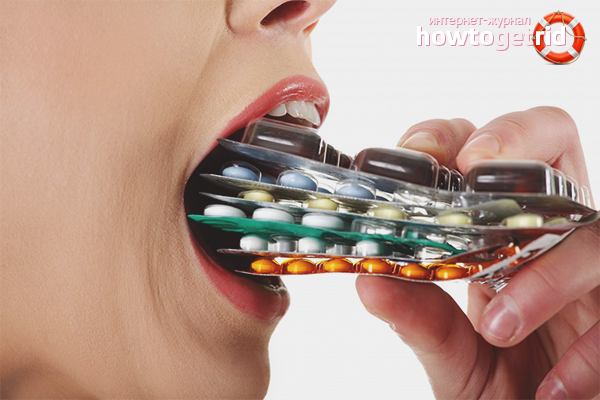
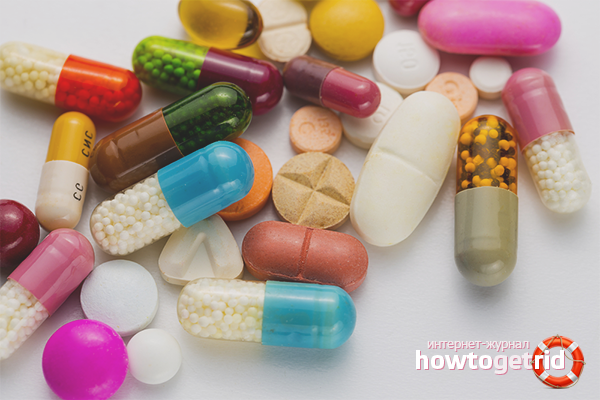
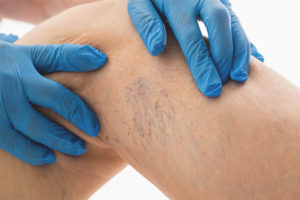

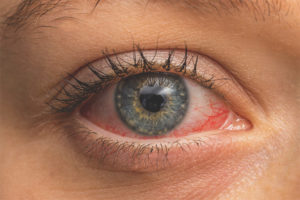


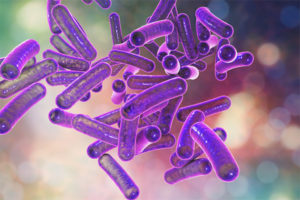
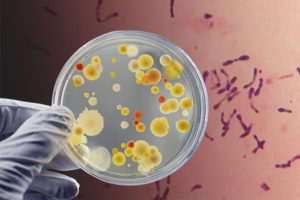

Submit